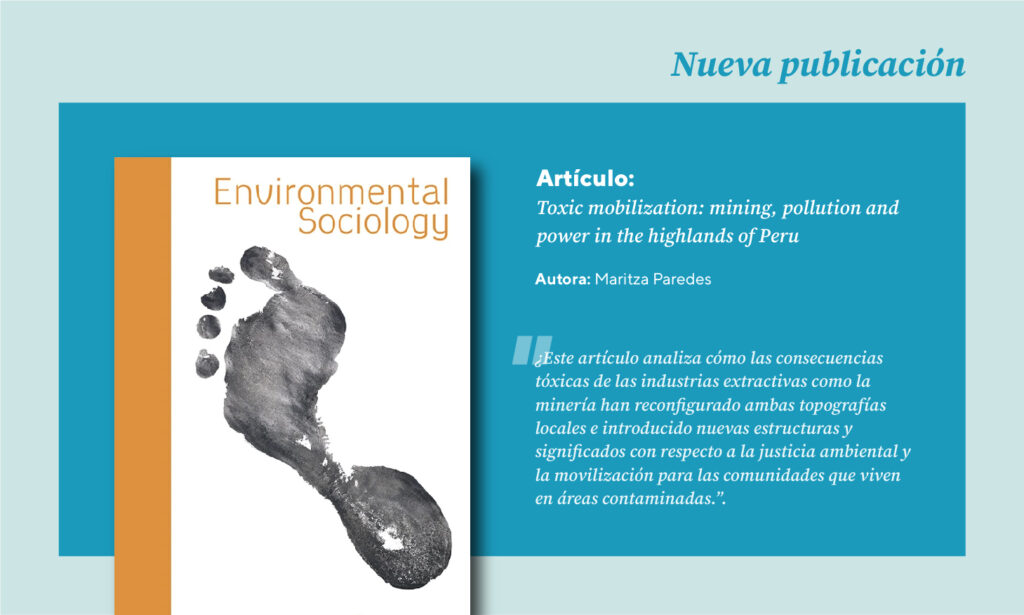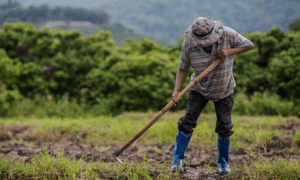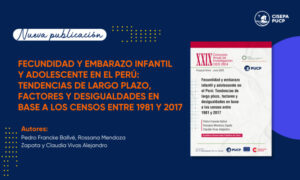Noticias | 22 septiembre, 2022
Nuevo artículo de la investigadora CISEPA Maritza Paredes
El artículo Toxic mobilization: mining, pollution and power in the highlands of Peru, de la investigadora CISEPA Maritza Paredes, fue publicado recientemente en el journal Environmental Sociology de la International Sociological Asssociation's Research Committe on Environment and Society.La investigación se enmarca en el contexto de la contaminación causada por las operaciones mineras en Espinar, cuales origan (hasta la actualidad) una serie de conflictos en esta provincia. Las movilizaciones surgidas han provocado que hayan intervenciones del Estado para intentar sofocar las movilizaciones, a través del daño a la cohesión social y el tejido organizativo que necesitaban las organizaciones sociales para una lograr una movilización unida.
El artículo se divide en cinco secciones, cuales abordan la discusión de la movilización tóxica, la gestión ambiental inadecuada de la contaminación, las movilizaciones en Espinar y el papel de las redes de difusión trasnacionales y las consecuencias de las prácticas corportativas que han debilitado progresivamente la cohesión y la organización social.
Abstract:
This paper analyzes how the toxic consequences of extractive industries like mining have reconfigured both local topographies and introduced new structures and meanings regarding environmental justice and mobilization for communities living in polluted areas. Based on a longitudinal ethnographic study of the case of Espinar in Peru, the paper explains how the company and the government’s management of uncertainty regarding land and water pollution have transformed the meaning of mobilization for communities and their capacities for cleaning or at least improving their environment. I argue that local and global connections and transnational support still open opportunities for meaningful local mobilization despite uncertainty and ambiguity in managing environmental pollution, which weakens social cohesion and fragments the positions of inhabitants concerning collective and political action. However, communities can unwillingly embrace toxic conflicts: low intense, fragmented, but persistent forms of mobilization to bargain for some form of partial compensation from the company and the state. This form of conflict reinforces the internal fragmentation of the overall community and runs against environmental justice aspirations.
Puedes acceder a más información del artículo aquí.




